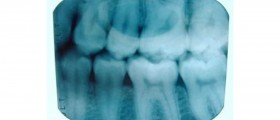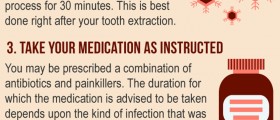Loading...
Hi! While I cannot visually inspect your tooth since I cannot see images in real-time, I can provide you with some general advice based on your description:
-
Symptoms: Pain, discomfort, and swelling in the area of a wisdom tooth can be signs of impaction, infection, or other issues. While some discomfort is not uncommon when wisdom teeth are coming in, persistent or worsening symptoms warrant attention.
-
Professional Opinion: Even if a removal or surgical procedure is postponed due to financial reasons, it might still be valuable to have a dentist evaluate the tooth to determine if it is impacted or if there are other concerns. This way, you can make an informed decision about potential urgency.
-
Possible Risks: Waiting can sometimes lead to complications. Impacted wisdom teeth can cause infections, cysts, or damage to neighboring teeth. If you notice increased pain, swelling, foul taste, fever, or difficulty opening your mouth, these could be signs of an infection and should be addressed promptly.
-
Affordable Care Options: There are often affordable or sliding-scale dental clinics that offer services at reduced rates for individuals with financial constraints. Some dental schools also provide services at reduced rates as part of their training programs. It might be worth looking into these options in your area.
-
Preventive Measures: In the meantime, to help with the discomfort, you can maintain good oral hygiene to prevent infections. Rinsing with warm salt water may help reduce inflammation and pain. Over-the-counter pain relievers, like ibuprofen (if you're not allergic and it's safe for you), can also help alleviate some of the pain.
-
Consultation: Even if you're not planning on having the tooth extracted immediately, a consultation with a dentist can provide clarity. They can take X-rays to determine the positioning of the wisdom teeth and assess if they're impacted or likely to cause problems.
Loading...
















